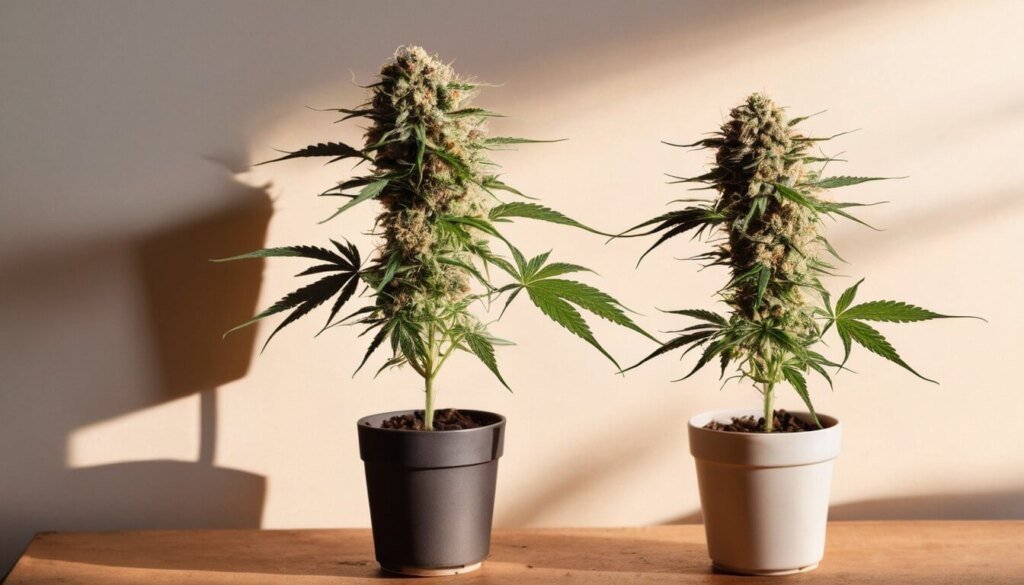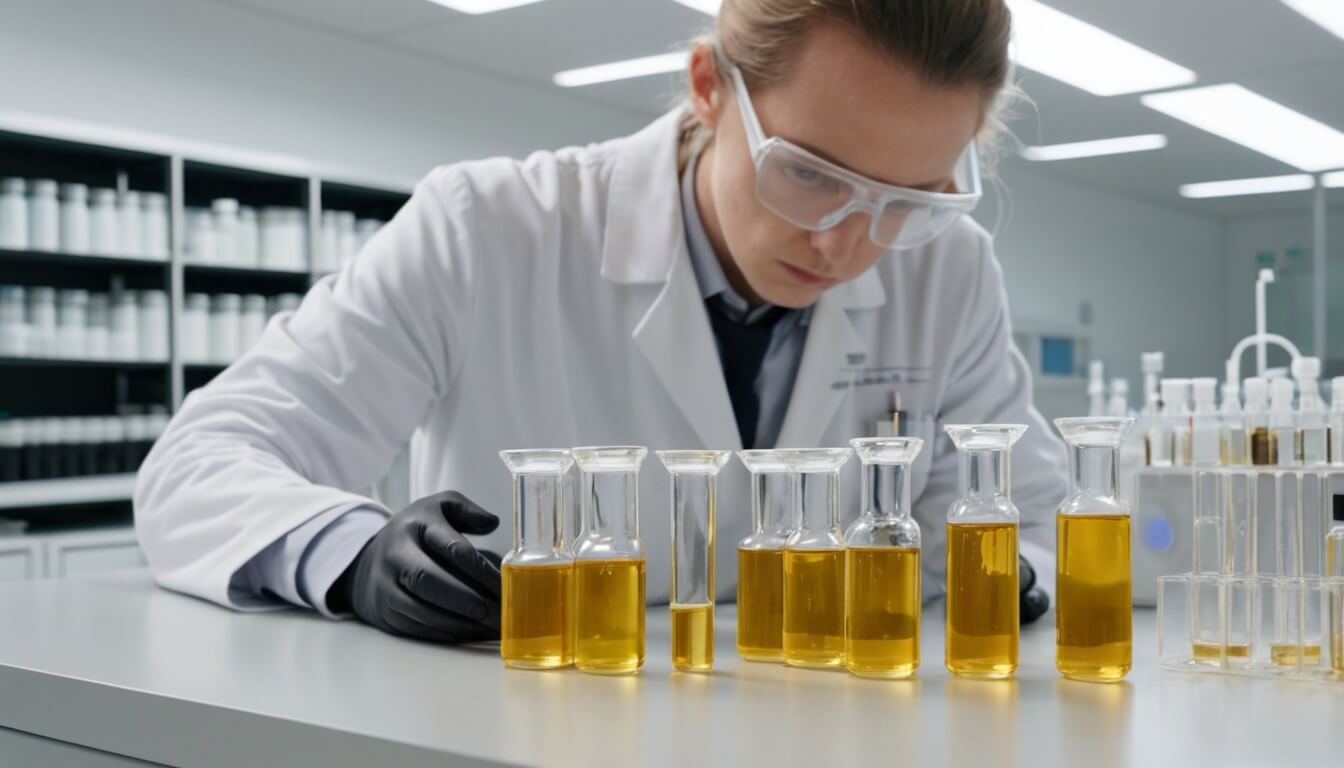There is little doubt that popular cannabinoids like delta-9 THC and CBD are interesting for their therapeutic benefits and effects, but one of the reasons for their popularity is due to their abundance in decarbed cannabis. Research shows trace cannabinoids like HHC and un-described cannabinoids like THCa may have just as vital a spot for treating certain medical conditions. THCa vs. HHC, what can they do for our health, and are they better together, or should they be kept far apart?
THCA vs HHC: An Overview
Raw Cannabinoids
Most cannabis tokers are aware cannabis needs heat if we want to feel its effects. But it’s not just releasing the cannabinoids from the plant material that occurs when we light up our flower. By applying heat, we break off a group of acids from our cannabinoids, giving some of them a structure that better activates a certain group of receptors. Those receptors are CB1 receptors largely found in the brain, and while there are a lot of receptors cannabinoids can activate or prevent activation of, overactivation of CB1 receptors results in the euphoric and pleasurable high we love about marijuana.
Semi-Synthetic Cannabinoids
HHC is a semi-synthetic cannabinoid. This means while it appears naturally in cannabis, it appears in such low amounts that products featuring unnatural amounts of it are derived from chemical processes that manipulate more common cannabinoids into HHC’s shape.
Compared to CBD and delta-9 THC, some say HHC sits closer to CBD with its “non-psychoactive” effects. But no, wait! Why do so many find it’s closer to delta-9 THC in creating an intoxicating high? Welp, that’s because there are two versions: HHC (HHC-9S) and (HHC-9R). Most report that HHC-9R is closer to delta-9. However, HHC products may more often than not, feature a mix of the two. As such, please pay close attention to the label.
THCA vs HHC: Chemical Structure, Psychoactivity, and Legal Status
THCa
In THCa, the carboxyl group (-COOH) is attached to the carbon atom adjacent to the double bond in the cyclohexene ring. This attachment gives THCa a second tail compared to THC.
But remove that group of acids, and you have THC cannabinoids, which are very psychotropic and intoxicating cannabinoids, thanks to having a new structural difference that can stimulate CB1 receptors greater than our natural endocannabinoids.
HHC
Funny enough, while delta-9 THCa directly converts into delta-9 THC with the simple addition of heat, many report HHC when it’s the HHC-9R form is much closer to delta-9 THC. In fact, it’s almost safe to say the other version is even closer since some find it creates a mild intoxication.
Like THCa, in the United States, HHC products are legal on a federal level, though make sure to check out your state and county laws. Oh, and we can’t forget about discussing HHC’s molecular structure! Take the classic double bond that differentiates delta-8 and delta-9 THC and replace it with two extra hydrogen atoms.

Consumer Considerations: How to Choose Between THCA and HHC
While they are both THC analogs, THCa and HHC can have very different effects and benefits. THCa, unless decarbed, is non-intoxicating and shows promise of having anti-inflammatory and neuroprotective effects. To a potentially lesser degree, it may aid nausea and appetite. HHC, is seemingly always intoxicating, though the degree depends on the type, with many reporting the HHC-9R version (HHC-9S) is very close to delta-9 THC. Regardless, HHC may help relieve pain and stimulate appetite.
Always source your cannabis products from reputable brands that provide up-to-date certificates of analysis (COA). And please research the laws in your area regarding the use of these THC analogs.





